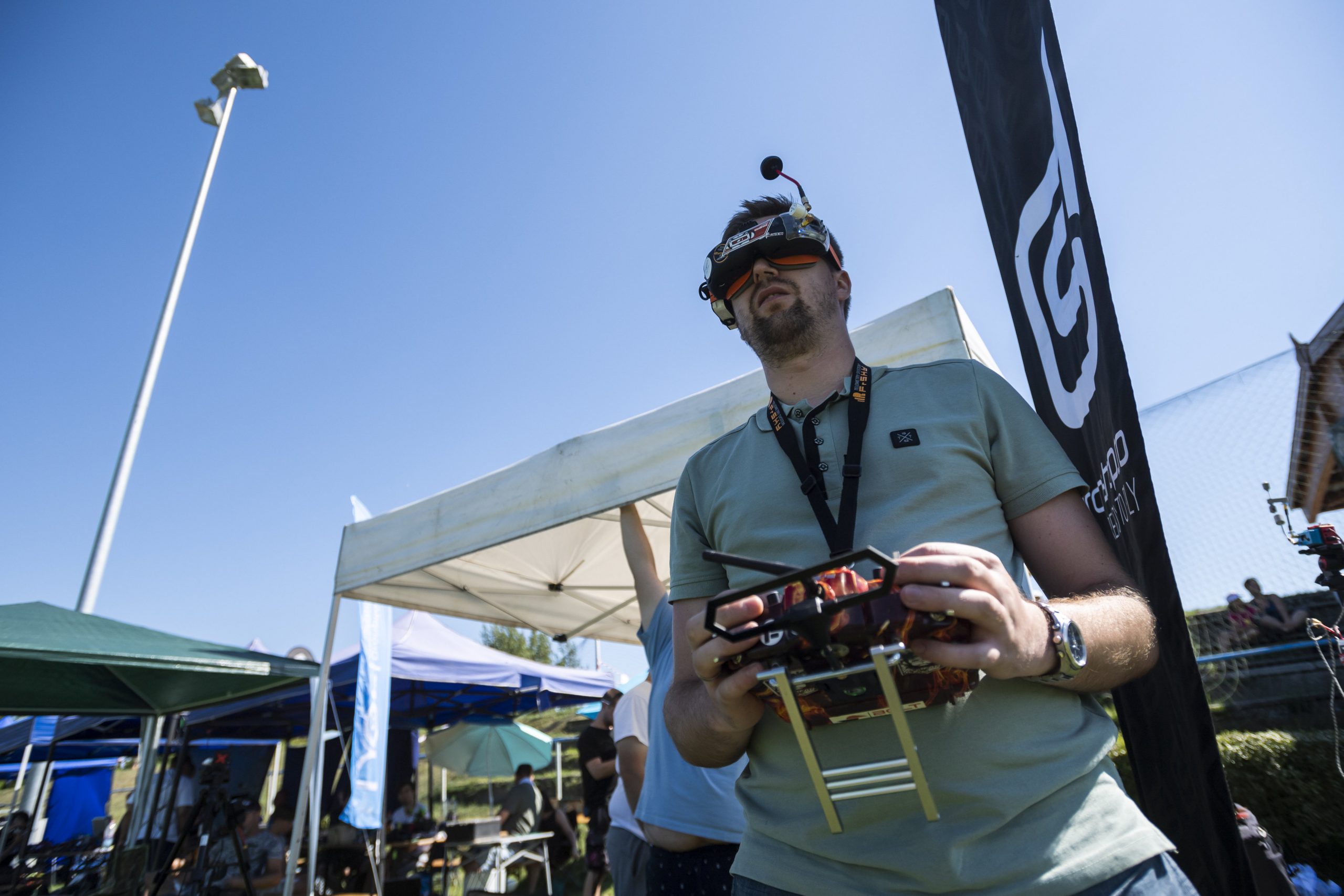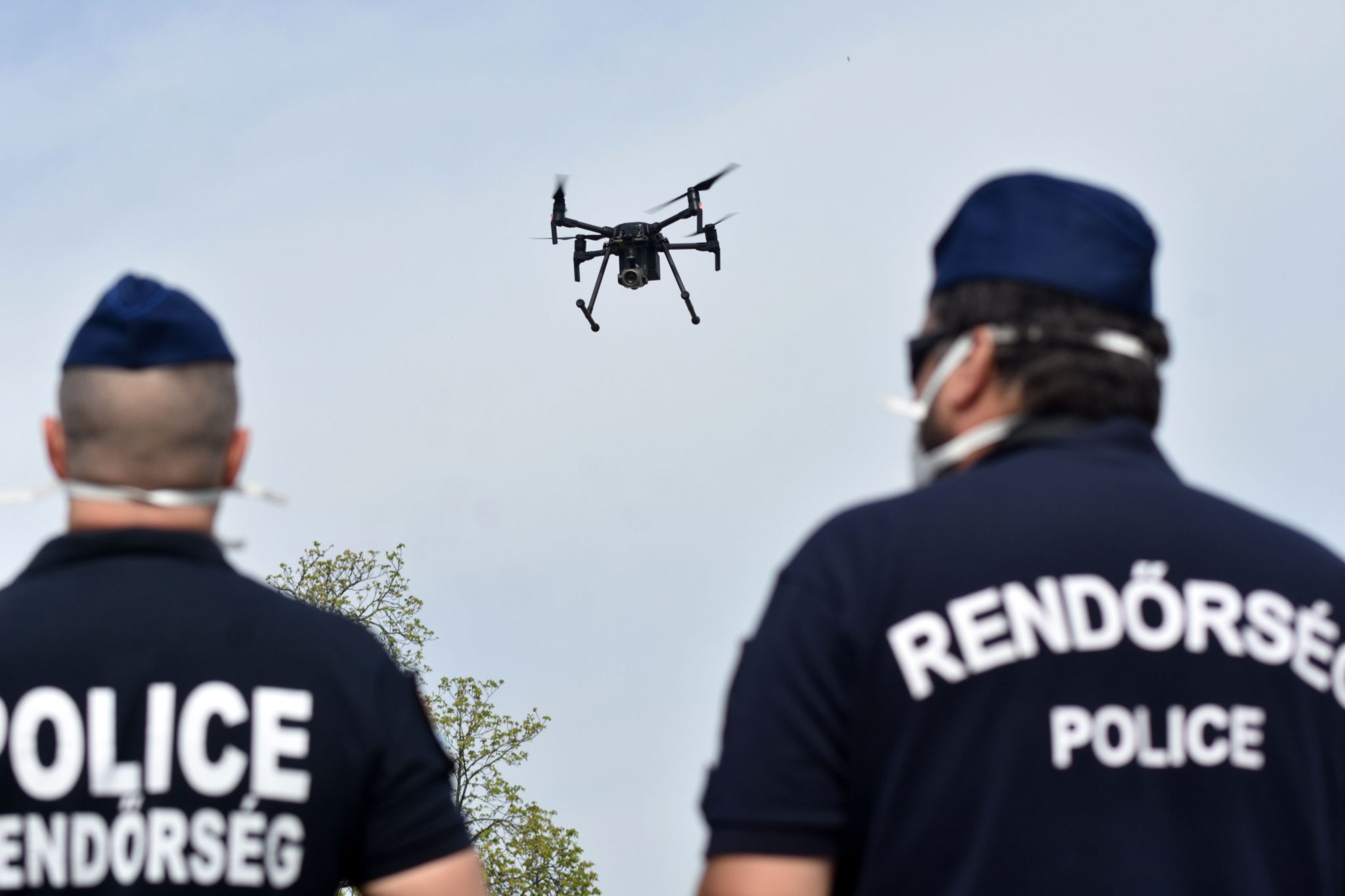
The Hungarian Drone Coalition elected its nine board members and approved the establishment of its professional working groups at its first plenary session on Tuesday, the Ministry of Innovation and Technology (ITM) said in a statement.
Set up by ITM, Széchenyi University, the Budapest University of Technology and Economics and air traffic control company HungaroControl, the coalition aims to develop a strategy on the implementation, manufacture and research of drones, the ministry noted.
The coordination tasks of the coalition will be carried out by the Institute for Transport Sciences (KTI) and the government’s Digital Success Programme.
András Levente Gál, a head of the Digital Success Programme, noted that the programme was used to launch the Hungarian 5G Coalition in 2017 and the Artificial Intelligence Coalition in 2019.
Dániel Rohács, the head of the Drone Coalition, said the body’s most important task would be to develop a vision and a drone strategy to serve as guidelines for the decisions that will need to be made over the coming years. He mentioned supportive regulation, communication, safety and traffic control as areas in which the coalition would help in making progress.
Since its inception two months ago, the coalition has expanded from 60 members to 96, ITM said.
“One of the most important measures of a country’s ability to adapt to global trends is its performance in the introduction and application of game-changing technologies,” the ministry said. “The Hungarian government intends to make sure that Hungary becomes at least a regional – preferably even a European leader – in this process.”
Related article
Government Strictly Regulates Drone Usage, Making Investigative Work Even Harder
From January 1, 2021, the government will more strictly regulate the conditions of using unmanned aerial vehicles, a.k.a. drones, in regard to the non-disturbance of family life. According to the Ministry of Innovation and Technology’s communique, drones lighter than 120 grams and are not able to keep a distance of more than 100 meters from […]Continue reading
Citing estimates by the European Commission, the ministry said some 340 million people are projected to be using urban air mobility (UAM) vehicles by 2030, adding that the rise of the UAM sector could create some 100,000 jobs in Europe over the next 20 years.
featured image: a drone competition in Törökszentmiklós in August, 2020; illustration via Márton Mónus/MTI

